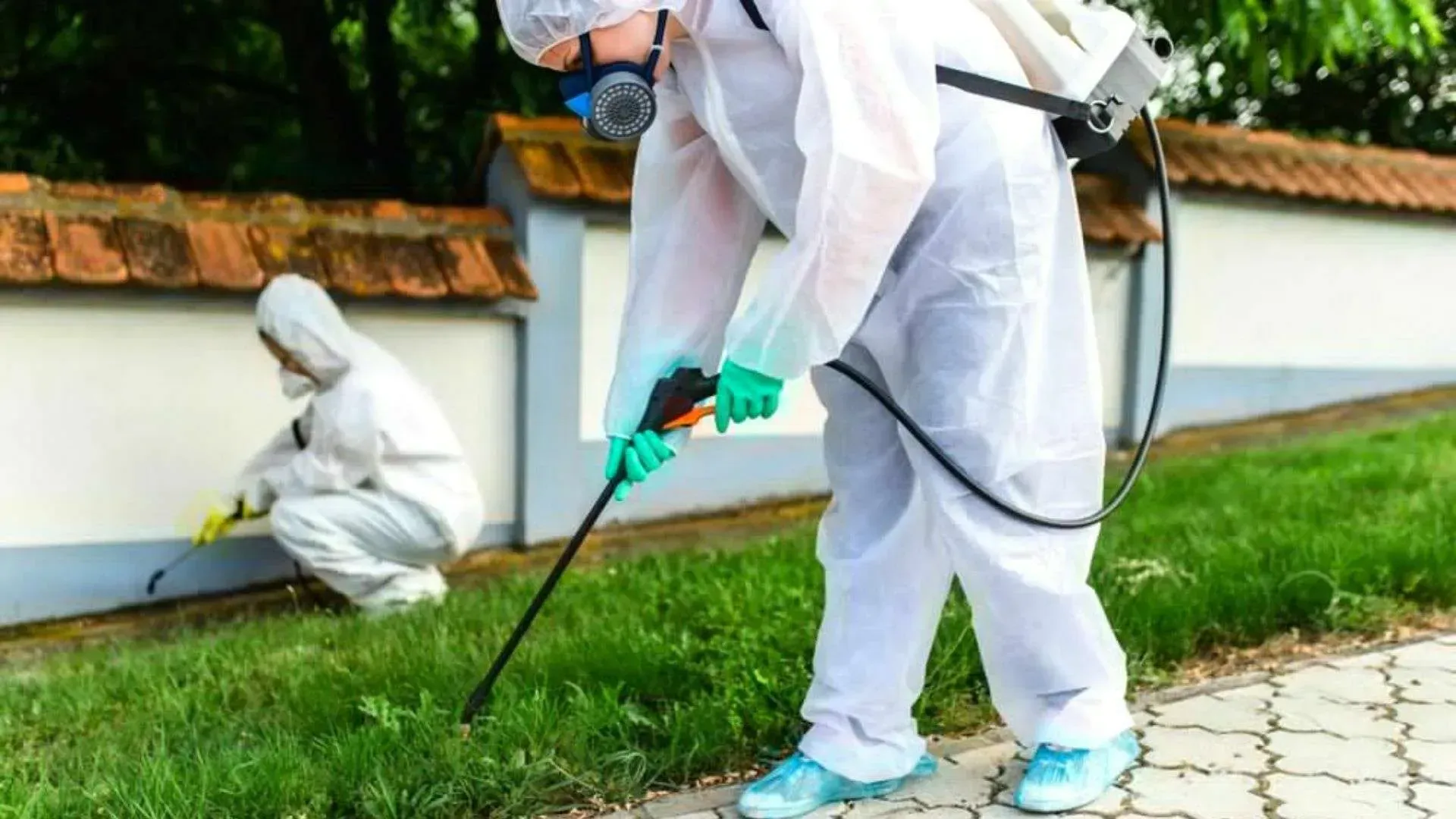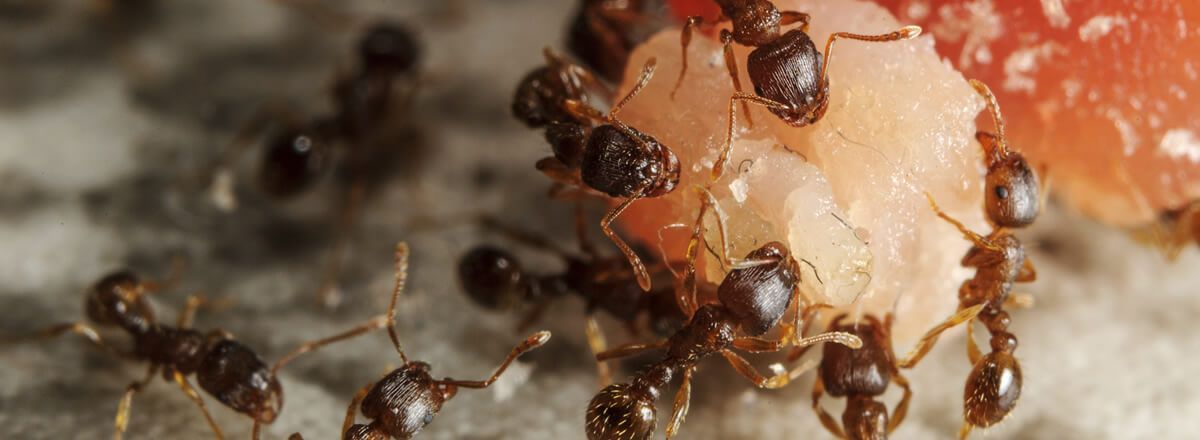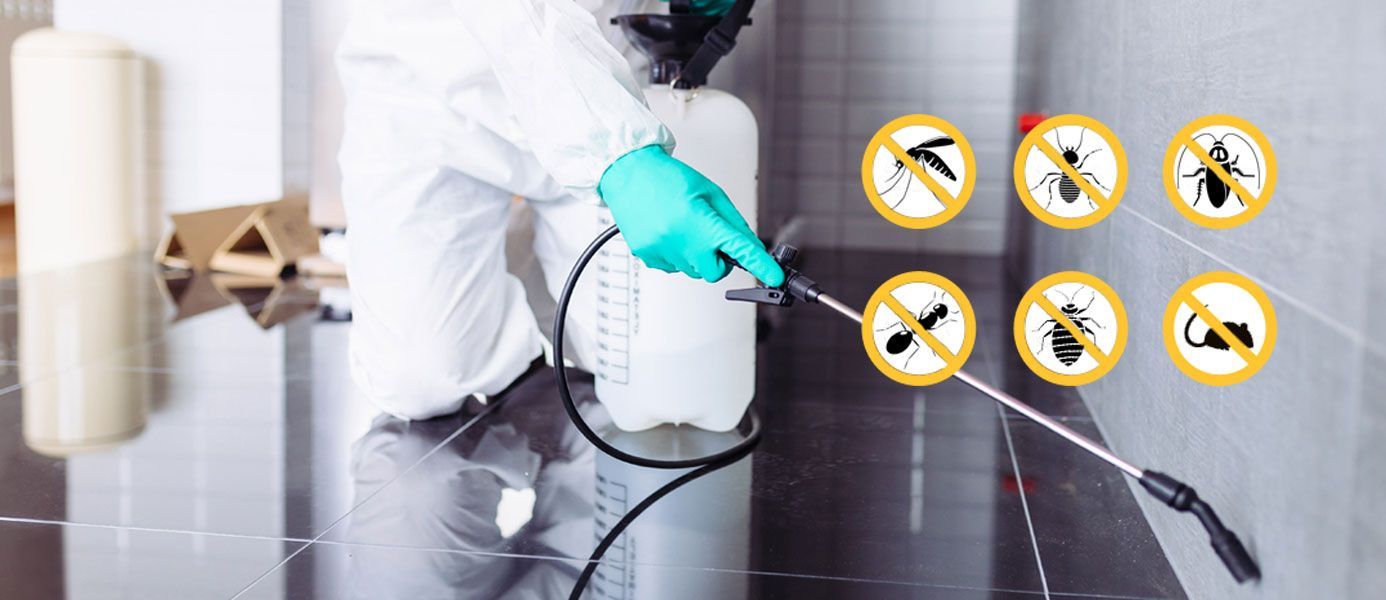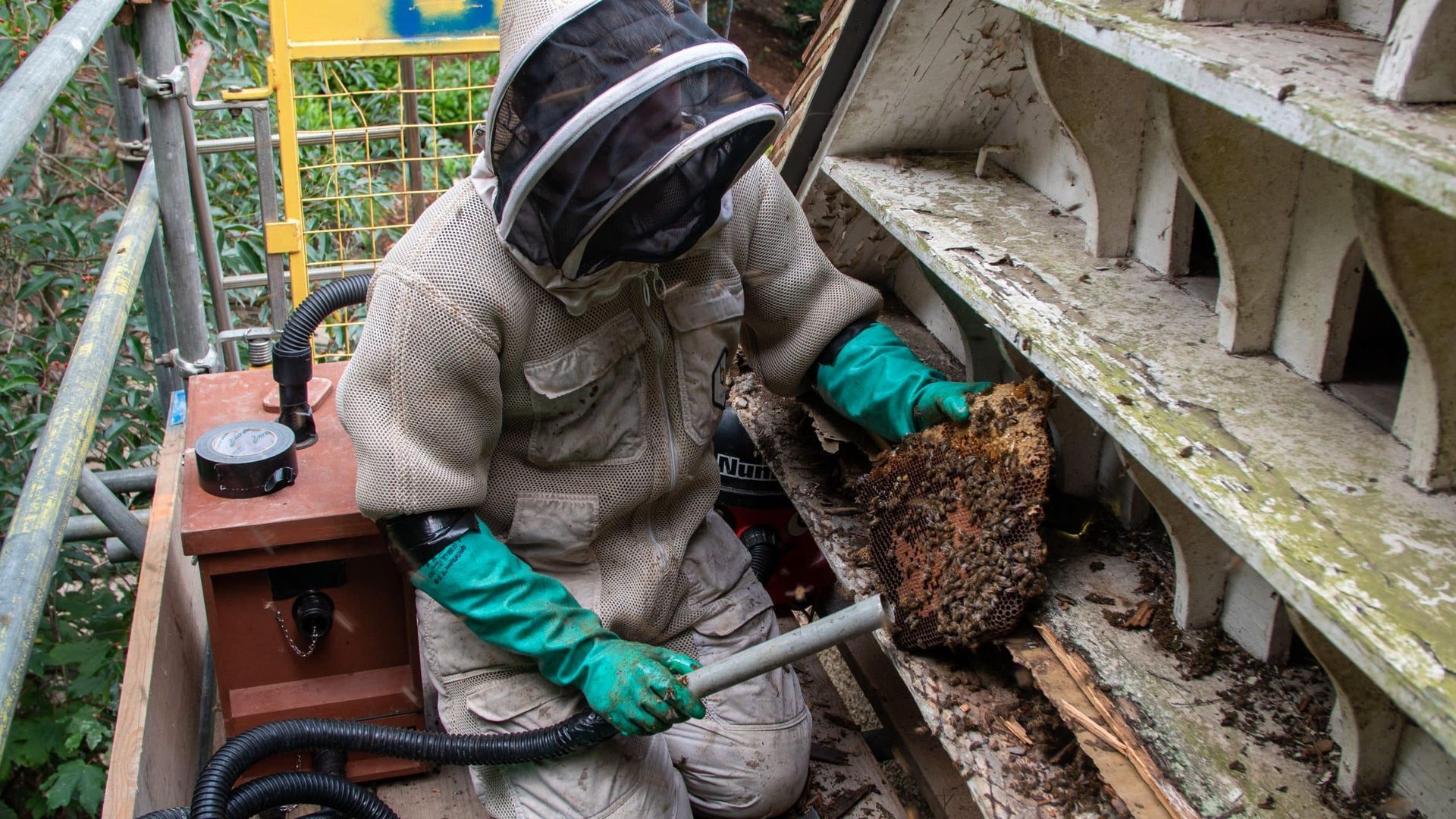Blog Post
Mosquito-Borne Illnesses in Indiana
TGA Office assistant Mai • July 14, 2023
Understanding the risks and prevention
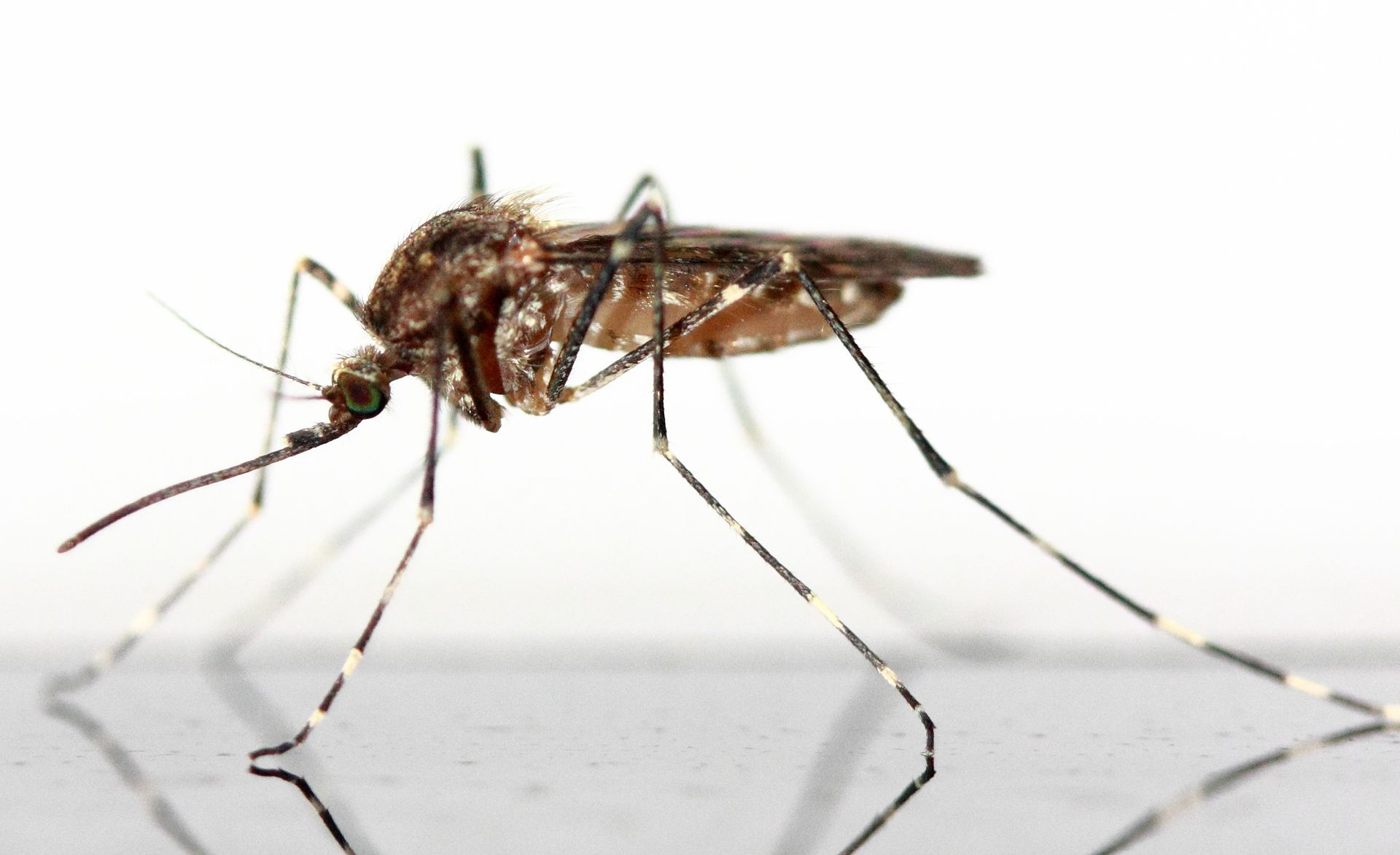
Introduction:
Mosquitoes are not just pesky nuisances; they can also pose significant health risks by transmitting diseases to humans. In Indiana, several mosquito-borne illnesses have been reported over the years. In this blog post, we will explore some of the most notable mosquito-borne illnesses in Indiana, their symptoms, and effective prevention strategies to safeguard your health.
1. West Nile Virus (WNV):
West Nile Virus is the most common mosquito-borne illness reported in Indiana. The virus is transmitted through the bite of infected mosquitoes, primarily the Culex species. While most infected individuals experience no symptoms or mild flu-like symptoms, severe cases can lead to meningitis or encephalitis, which can be life-threatening, especially in older adults or individuals with weakened immune systems. Symptoms may include fever, headache, body aches, fatigue, and sometimes a rash. Prevention measures include using mosquito repellents, wearing protective clothing, and eliminating standing water around your property.
2. Eastern Equine Encephalitis (EEE):
Although rare, Eastern Equine Encephalitis (EEE) has been reported in Indiana. The virus is transmitted by infected mosquitoes, primarily Culiseta melanura, which typically feed on birds. Humans can become infected when bitten by mosquitoes that have previously fed on infected birds. EEE can cause severe inflammation of the brain and has a high mortality rate. Symptoms may include high fever, headache, stiff neck, seizures, and coma. Due to its severity, prevention is crucial. Avoiding mosquito bites, especially during peak activity times, and reducing mosquito breeding sites can help minimize the risk.
3. La Crosse Encephalitis (LAC):
La Crosse Encephalitis is another mosquito-borne illness found in Indiana. It is primarily transmitted by the Aedes triseriatus mosquito, commonly known as the tree-hole mosquito. LAC primarily affects children and can cause symptoms ranging from mild flu-like illness to severe neurological complications. Symptoms may include fever, headache, nausea, vomiting, drowsiness, and seizures. Minimizing exposure to mosquitoes, using repellents, and wearing protective clothing can help prevent LAC.
4. Zika Virus:
Zika Virus gained global attention a few years ago, although the risk has decreased significantly. Zika is primarily transmitted by the Aedes aegypti and Aedes albopictus mosquitoes. Most infected individuals experience mild symptoms, including fever, rash, joint pain, and conjunctivitis. However, the virus poses a significant risk to pregnant women, as it can cause birth defects, including microcephaly, in newborns. Prevention measures, such as mosquito control, using repellents, and practicing safe sexual practices, are essential to prevent Zika transmission.
Conclusion:
Mosquito-borne illnesses pose a real threat in Indiana, and it is crucial to be aware of the risks and take appropriate preventive measures. Minimizing exposure to mosquitoes, especially during peak activity times, using mosquito repellents, wearing protective clothing, and eliminating standing water around your property are effective ways to reduce the risk of mosquito-borne illnesses. Stay informed, follow public health guidelines, and take proactive steps to protect yourself and your loved ones from these potentially serious diseases.
Call Us
Share
Tweet
Share
Mail
CONTACT INFORMATION
Phone:
Address:
Crown Point, IN, USA
Email:
OUR LOCATION
BROWSE OUR WEBSITE
CONTACT INFORMATION
Phone:
Address:
Crown Point, IN, USA
Email:
tga@thegreenadvantage.biz
OUR LOCATION
Content, including images, displayed on this website is protected by copyright laws. Downloading, republication, retransmission or reproduction of content on this website is strictly prohibited. Terms of Use
| Privacy Policy



